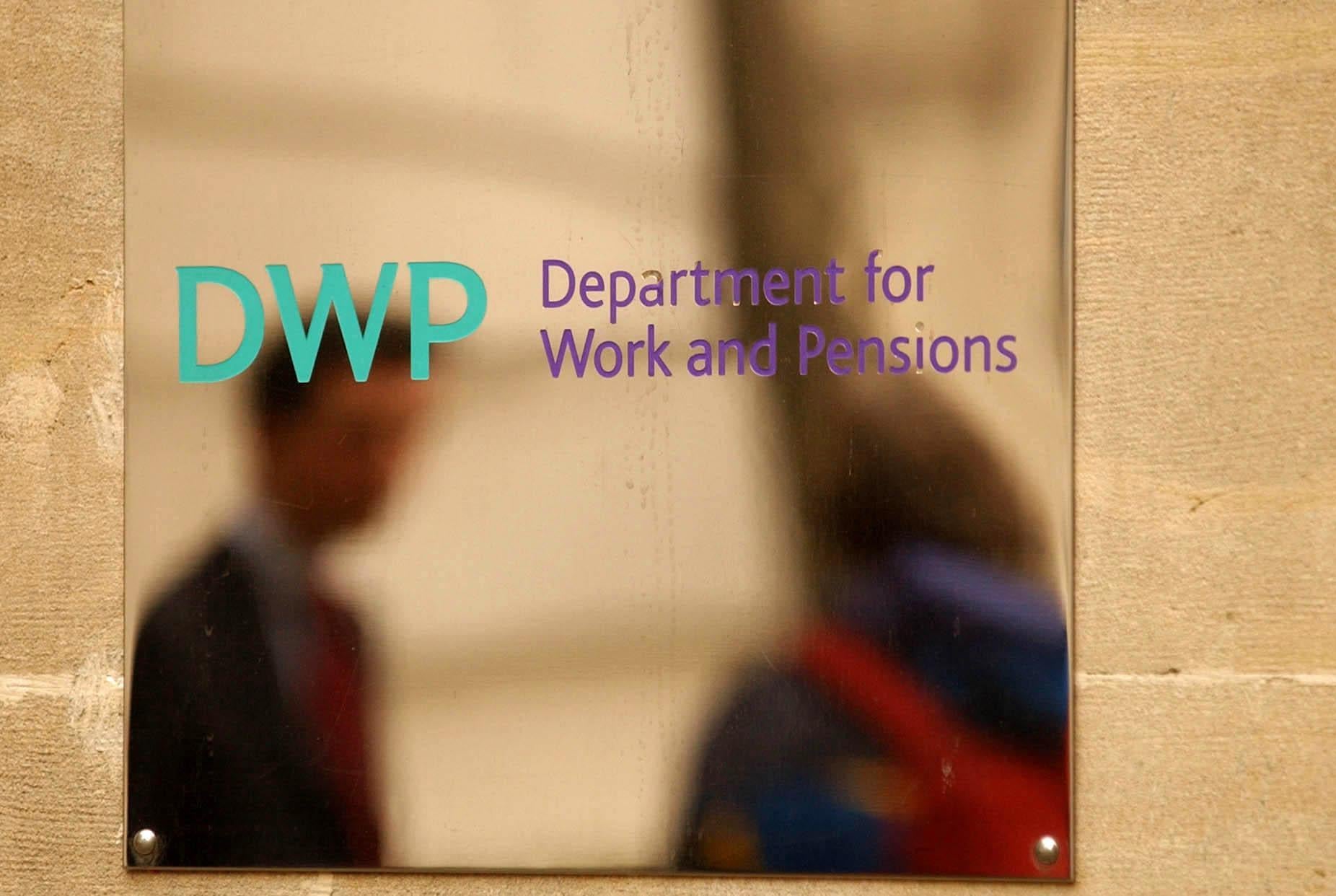‘Red wall’ seats to take brunt of welfare cuts, as 6 million families set to lose £1,000
Thinktank forecasts Rishi Sunak will be forced to drop plans to remove temporary universal credit boost

Six million households face losing £1,000 in benefits next year unless chancellor Rishi Sunak U-turns on universal credit, with the worst pain felt in some of the “Red Wall” seats which switched from Labour to Conservative at last year’s election, according to a new report.
One in three of all working-age households in Red Wall constituencies across the north of England, West Midlands and Wales are set to lose out, with the proportion rising to almost two-thirds in Blackpool South, and more than two-fifths in Great Grimsby, Bolton North-East, West Bromwich West and Dudley North, said the Resolution Foundation. By comparison, just one-quarter of families in southeast England will lose out.
The think tank forecast that the scale of potential losses to newly-won Tory voters will force Mr Sunak to back down on the withdrawal of a £20-a-week temporary boost to universal credit and working tax credits, just as his predecessor George Osborne did with threatened welfare cuts in 2015.
The £20 additional payment was introduced in the spring in response to the coronavirus crisis and is due to expire in April 2021. But despite warnings that this would cut the incomes of some of the country’s poorest households at a time when unemployment is expected to be high, Mr Sunak did not reprieve it in his Winter Economy Plan last week.
Today’s report, entitled Death by £1,000 Cuts, found that the decision will reduce the generosity of unemployment support to its lowest real-terms level in three decades, and leave the poorest fifth of households facing a huge 7-per-cent income loss next year.
And the Foundation warned that the move will also take £8bn out of the pockets of families most likely to spend it, at a time when healthy consumer spending will be needed to support the economy.
The thinktank’s chief executive Torsten Bell pointed out that one of the loudest Tory critics of Mr Osborne’s plans to cut welfare in 2015 was then-backbench MP Boris Johnson, who called on the chancellor to “make sure that hard-working people on low incomes are protected”.
“Exactly five years ago, then-chancellor Osborne arrived at Conservative Party conference riding high off an election victory, but with backbench trouble brewing over his plan to cut the incomes of over three million households by £1,000,” said Mr Bell.
“A month later he U-turned. Today, chancellor Sunak finds himself in a similar situation, but with two important differences.
“Today the plan to cut household incomes by £1,000 overnight will affect twice as many families. And while the cuts last time were proposed during a period of fast rising employment, it is now increasing unemployment that will provide the backdrop.
“The £20-a-week boost to universal credit and tax credit this year has been a living standards lifeline for millions of families during the pandemic. But allowing the policy to expire next year would be disaster not just for household incomes but for economic policy too as the chancellor seeks to secure a recovery next year.
“It would also be a blow aimed squarely at the 'Red Wall’, with one-in-three working-age households on course to lose over £1,000 next year.
“This policy is bad politics, bad economics and bad for living standards too. The chancellor should act swiftly to extend the boost to universal credit and tax credits beyond next spring.”
Labour’s shadow work and pensions secretary Jonathan Reynolds said: “It's unbelievable that the government is considering cutting universal credit in the middle of a jobs crisis, in which they themselves admit 4 million jobs could be lost.
“Families in the North, Midlands and Wales would be hit hard by this cut. We cannot risk condemning parts of the UK back to the dark days of Thatcher, with mass unemployment and families struggling to get by.
“The government must do all it can to strengthen the safety net to prevent families and individuals from sliding further into hardship not cut it during this crisis.”
Liberal Democrat Treasury spokeswoman Christine Jardine said: "Countless people are facing their lives being turned upside down by this pandemic. The chancellor has a duty to ensure that no-one is left behind, but instead he seems ready to risk mass unemployment.
“The chancellor must wake and see sense. We need to see an extension of the furlough scheme, protection for excluded groups and new investment to create jobs, especially in the green economy.”
A Government spokesperson said: “We’ve invested an extra £9bn in our welfare system to help those most in need through the pandemic, including by increasing Universal Credit and Working Tax Credit by up to £20 a week, as well as introducing income protection schemes, mortgage holidays and additional support for renters.
“The Government will continue to do all it can to support the lowest paid families while focusing on helping people into work. This includes launching the Kickstart Scheme, a £2bn fund to create hundreds of thousands of new, fully subsidised jobs for young people.”
Subscribe to Independent Premium to bookmark this article
Want to bookmark your favourite articles and stories to read or reference later? Start your Independent Premium subscription today.

Join our commenting forum
Join thought-provoking conversations, follow other Independent readers and see their replies